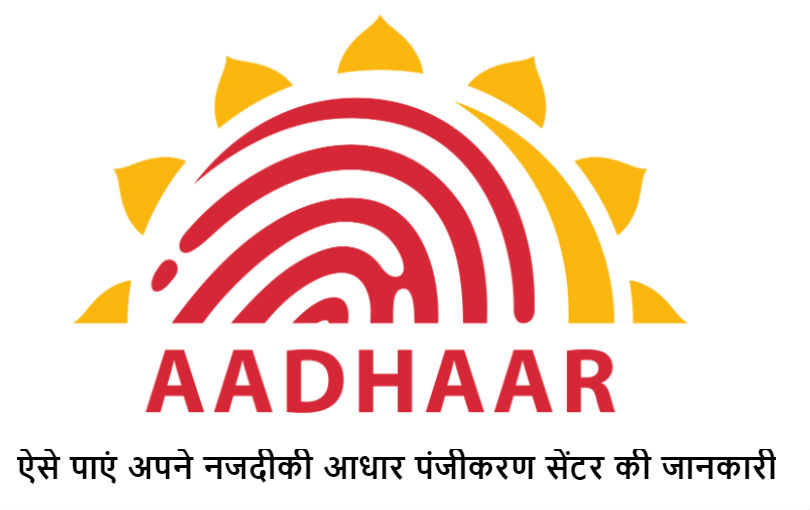India’s biometric ID scheme
More than a billion Indians now have a biometric ID number. The number is known as the Aadhaar, which means foundation in Hindi. The Aadhaar is a biometric-based 12-digit personal identification number. The ID scheme idea started as a voluntary programme to tackle benefit fraud. However, it has now grown into a mega-data programme and the world’s most controversial, digital identity scheme. So why are most advanced countries not adopting similar identification programmes?

In many of the other highly-developed societies in Europe and North America – and in the view of many computer scientists and policy-makers who study and advocate for policy in this area – using single number identity systems for everything is simply not a good idea.
In 2010, the United Kingdom abandoned a similar scheme of a national identity card linked to biometric information. The public were never behind the idea. Giving up any personal freedom in an ever increasing world of surveillance just did not sit well with them. Nor many of the politicians of either side of British politics.
Israel found a compromise solution. They introduced a ‘no fingerprints’ smart card identification system where data is not stored in centralised databases but is retained only on the card.
Biometric information is generally only collected by the US and Europe for visitors and not for their own citizens.
Linking voter registration and bank details to biometric data is a trend that can be found only in China, some countries in Africa, Venezuela, Iraq and the Philippines.
The biggest concern for storing such data lies in the straightforward fact that there is an implicit high level of risk if data is ever breached or leaked. Any compromise is effectively irreversible for a citizen’s lifetime – no one can change their genetic data or fingerprints in the event of a leak.
Critics of Aadhaar
Critics of Aadhaar state that sufficient security measures to protect and remedy exploits, bugs or vulnerabilities are simply not of a high enough standard and the project is a ticking time bomb. And what of future governments that may not be so benign as the current one? A totalitarian or even strongly anti-democratic government is far more likely to abuse a system such as this.
Of course, a well-intentioned well managed system could indeed bring sizable benefits to the state and public in terms of security and fraud and crime provention… but at what potential cost?
Personal surveillance issues
Surveillance is not merely a theoretical concern for the anti-innovation set.
China’s Xinjiang region’s tight controls and surveillance have lead to vast collections of DNA samples, fingerprints, iris scans and blood types of the population aged between 12 to 65. This information is subsequently linked to residents’ household registration cards.
This surveillance can mean people’s access to educational institutions, medical and housing benefits are restricted. The Chinese government is building an immense resource to utilise both for and potentially against its own population. However well-intentioned at the point of its creation, this scenario is extremely dangerous. In combination with CCTV cameras, facial recognition software and a biometric database, unprecedented levels of control are being aggregated. The Chinese government no doubt sees this as an example of the great technological strides the country is making – this is undoubtedly true. But it is not impossible to envisage a future where social unrest could lead to abuse of this data.
Multiple points of data approach
The prefered means of not relying on a single centralised source to confirm a person’s identity is to work from a principle of multiple points of data. The theory being that these can overlap to create identity verification without the risk that comes from having one centralised structure.
India’s Supreme Court is currently hearing numerous petitions challenging Aadhaar.
Previous court rulings stated that Aadhaar registration cannot be made generally mandatory. However substantial numbers of social services have made Aadhaar registration mandatory.
The International Monetary Fund (IMF) has cautioned that India should take necessary steps while implementing universal identification programmes like Aadhaar to ensure privacy and security controls.
India has a chance now to lead the world’s constitutional democracies by finding a way to make identity security safe, fair and effective without compromising individual freedoms. Let us see if this challenge can be met.
